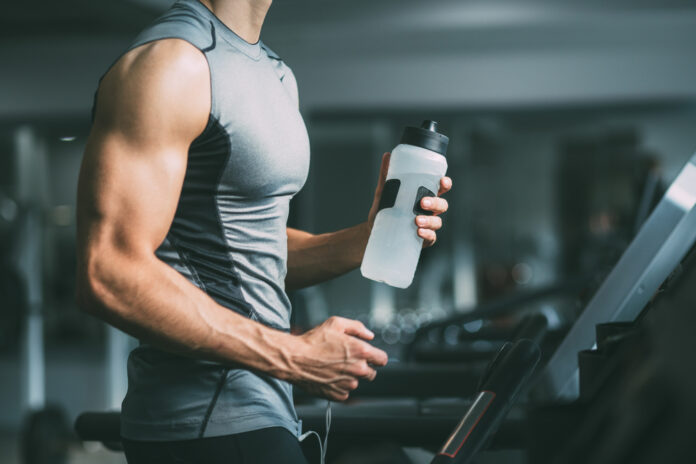
Many people believe that drinking sports drinks can improve exercise performance, even if
you’re not an athlete. However, others believe this is just marketing and that you should only drink water. This article teaches you the differences between each beverage and the best one to take.
Water vs. Sports Drinks
Water constitutes most of your body weight and is vital to proper functioning. Additionally, your body constantly loses water through your skin and exhaled air. To replenish these losses and encourage good health, it is recommended that you drink fluids regularly throughout the day.
Despite the variety of needs, the recommended daily fluid consumption is 125 ounces (3.7
liters) for adult men and 91 ounces (2.7 liters) for adult women.
What Are the Major Ingredients in Sports Drinks
Water is the primary ingredient in sports drinks but contains other substances. This includes electrolytes and carbs, which are expected to improve performance. The carbs in these drinks are in the form of sugars such as sucrose, fructose, and glucose.
Usually, sports drinks are 6-8% carbohydrates. A 6% solution consists of 14 grams of carbs per 8 fluid ounces (240 ml). However, some sports drinks have low or zero-carb content to appeal to those who want electrolytes and water without extra calories.
Benefits of Sports Drinks
They are good for athletes
The main components of sports drinks are carbs, water, and electrolytes. Water and electrolytes are lost in your sweat, and you must replace them. Carbs are also burned as fuel during exercise. Sports drinks are made to supply these three ingredients to boost exercise resistance and recovery.
Prolonged continuous exercise
Multiple studies have examined the effects of sports drinks during continuous exercise lasting 1-4 hours or longer, such as cycling and running.
Team sports and intermittent exercise
Some research discovered that ingesting sports drinks can reduce fatigue and boost performance in rugby and soccer.
They are unnecessary for most people
There are multiple factors to consider when deciding to take sports drinks:
Type And intensity of exercise
Consider your exercise habits and the duration of your training. This is because sports drinks might benefit athletes who engage in long training sessions, but they are unnecessary for gym-goers.
They could affect weight loss
If sports drinks are not important for your type of exercise, drinking them could lead to a calorie increase that will limit your weight loss goals.
Conclusion
Research supports that sports drinks can perform intense exercises. However, most active
individuals do not need to perform activities requiring sports drinks. If you still choose to use sports drinks, ensure you are always aware of their calorie contents.


















